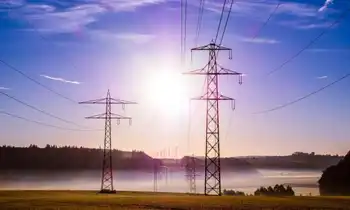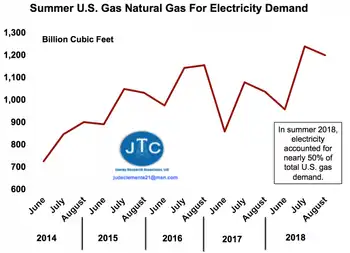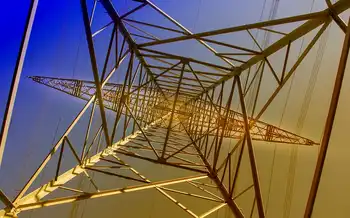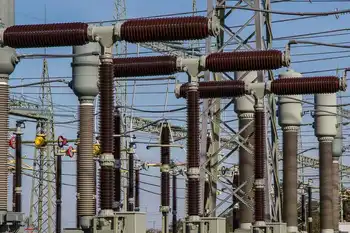Duke Energy to build 400 mini solar power plants
“Solar and wind are both going to be key parts of our strategy going forward,” Rogers told reporters following the company’s annual meeting.
The North Carolina Utilities Commission issued a decision allowing Duke Energy to proceed with its $50 million proposal to install solar panels on the roofs and grounds of homes, schools, office buildings, shopping malls, warehouses and industrial plants, starting later this year.
Collectively, the solar sites will generate enough electricity to power 1,300 homes.
The electricity will flow directly from the solar sites to the electrical grid that serves all customers.
Duke EnergyÂ’s solar initiative will be among the nationÂ’s first and largest demonstrations of distributed generation, in which electricity is produced at numerous micro generating sites rather than at a large, centralized, traditional power plant.
Duke Energy will own and maintain the solar panels during their expected 25-year lifespan. The company also will own the electricity generated.
It will pay a rental fee to property owners who host the panels for use of their roofs or land, based on the size of the installation and amount of electricity generated at any given site.
Related News
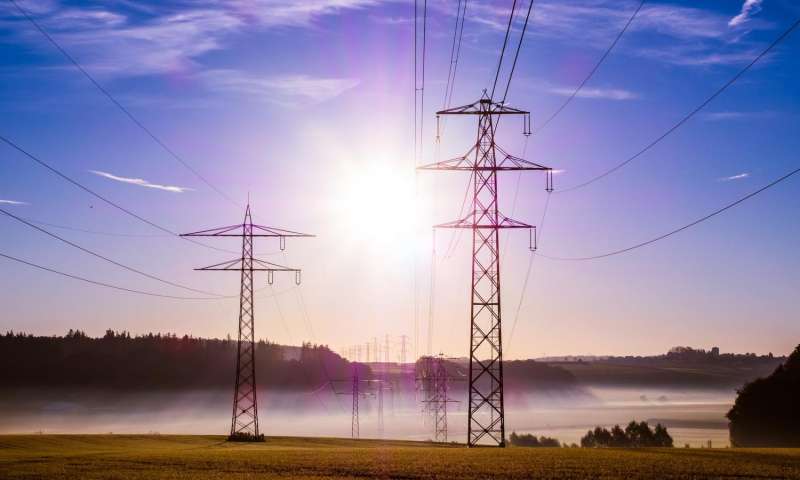
Baltic States Disconnect from Russian Power Grid, Join EU System
MOSCOW - In a landmark move towards greater energy independence and European integration, the Baltic nations of Estonia, Latvia, and Lithuania have officially disconnected from Russia's electricity grid. This decisive action, completed in February 2025, not only ends decades of reliance on Russian energy but also enhances the region's energy security and aligns with broader geopolitical shifts.
Historical Context and Strategic Shift
Historically, the Baltic states were integrated into the Russian-controlled IPS/UPS power grid, a legacy of their Soviet past. However, in recent years, these nations have sought to extricate themselves from Russian influence, aiming to synchronize their power systems…

